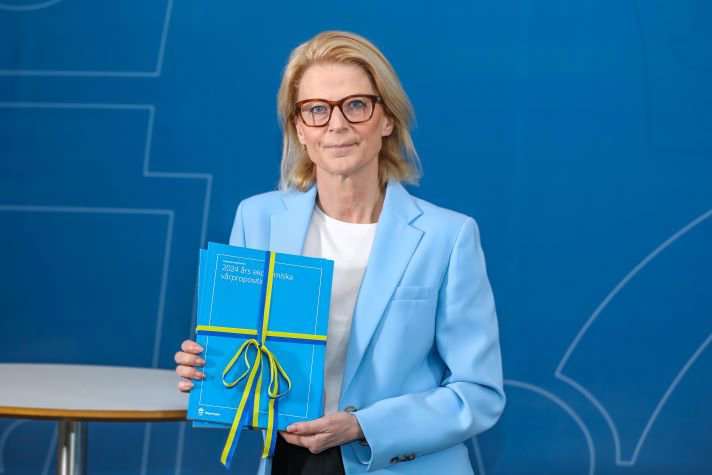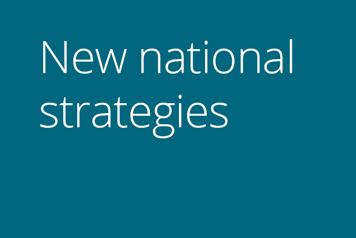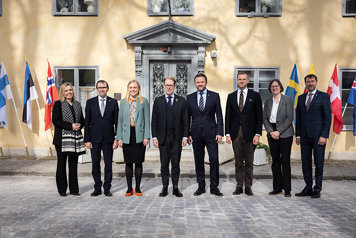Content about the Government and the Government Offices of Sweden
Total 1980 hits.
-
The 2024 Spring Budget in five minutes
Published · Article from Elisabeth Svantesson, Ministry of Finance

Today the Government is presenting its 2024 Spring Fiscal Policy Bill and Spring Amending Budget for 2024. Inflation has fallen considerably and is expected to continue to do so, while at the same time unemployment is expected continue to rise. In light of this, the Government is presenting its Spring Amending Budget with measures to navigate us through the recession, safeguard the welfare system and make Sweden a safer, more secure and wealthier country. The Budget is based on an agreement between the Government and the Sweden Democrats.

On April 16, Minister for Education Mats Persson signed the Artemis Accords, a set of principles for exploration and conduct in space. This also enables Sweden to take part in the international US-led Artemis campaign.

On 10 April, Minister for International Development Cooperation and Foreign Trade Johan Forssell presented the Government’s Music Export Prize to Loreen. Europe were awarded the Government’s Special Prize and the Honourable Mention went to Melodifestivalen.

The Government has recently presented three new national strategies for increased safety and security in Sweden. These are a strategy for strengthening efforts against violent extremism and terrorism, a strategy against organised crime and a crime prevention strategy on social prevention measures against criminal networks. You can read more about the strategies here.

Minister for Foreign Affairs Tobias Billström is launching a high-level group that will provide expert support to Ukraine’s Government during its EU accession process.

On Thursday 7 March, Sweden’s instrument of accession was deposited with the United States Government, as depositary of the North Atlantic Treaty. Therefore, Sweden is now a member of NATO.

Sweden’s migration policy is undergoing a paradigm shift. The Government is intensifying its efforts to reduce, in full compliance with Sweden’s international commitments, the number of migrants coming irregularly to Sweden. Labour immigration fraud and abuses must be stopped and the ‘shadow society’ combated
Published · Article from Elisabeth Svantesson, Ministry of Finance
